Rodrigo Duterte may have successfully cultivated something of a macho man image, riding motorcycles in a leather jacket and firing machine guns at shooting ranges, but when he spent a holiday in Japan a few years ago, the Philippine president showed a different side to his character.
In 2013, Duterte spent New Year with his daughters at a ski resort in Nagano, Central Japan. He was seen having fun sledging with the girls, albeit looking slightly awkward in his winter gear.
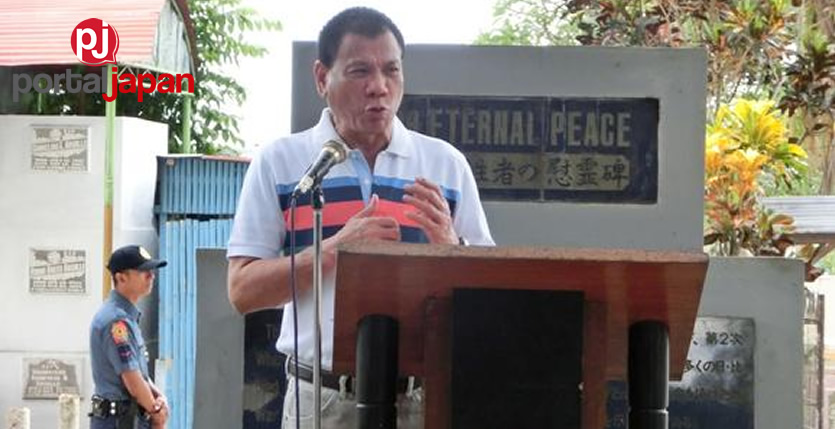
But besides revealing his rarely seen gentler side, the trip showed how Japan is a country that holds a special charm for the man known as the “Punisher.” Sources say that, shortly beforehand, his daughters had suggested going to the United States, but he insisted on showing them the snow and beauty of Japan. The family also visited Tokyo’s popular Asakusa tourist district and Tokyo Disneyland.
Duterte’s affinity with Japan may be a result of the time spent in Davao on the southern island of Mindanao, where the large community of Japanese immigrants reached some 20,000 before World War II.
In his meeting with Japanese Prime Minister Shinzo Abe on Sept. 6, Duterte said Japan had made a great contribution to Davao’s development. In 2013, he constructed a monument at the site of a Japanese cemetery, and had plaque enscribed with the message: “Every human being is my brother, my sister, my child…”
Duterte has also praised Japan for its post-WWII role of mediating between the Philippine government and separatist guerrillas in Mindanao. His first official meeting with a foreign envoy after becoming president was with Kazuhide Ishikawa, the Japanese ambassador in Manila.
Japan welcomes his stance, as it seeks closer ties with a country increasingly making its presence felt in terms of international security and economy.
During their meeting, Abe said, “We want to make good use of Japan’s knowledge to support Mindanao comprehensively in both soft and hard aspects,” referring to intangible and physical aspects. He avoided referring to touchy humanitarian issues regarding Duterte’s “war on drugs,” which is allegedly leading to extra-judicial killings — a topic raised by the U.S. and the United Nations only to draw fierce rebukes from the new president.
Duterte also seeks to establish closer ties with neighboring Islamic countries, potentially due to Mindanao’s large Muslim population. His foreign policy, which is apparently based on the point of view of Davao, differs from what has come from previous regimes in predominantly Christian Manila. He thus chose Indonesia as the destination for his first overseas visit as president this month, and has shown keen interest in approaching Malaysia and Brunei.
Duterte’s sometimes brash manner toward the West is not dissimilar to former Malaysian Prime Minister Mahathir Mohamad, who openly criticized prominent U.S. investor George Soros — calling him a “moron” — when the currency crisis severely hit the Association of Southeast Asian Nations in the 1990s.
Mahathir is also known for being a harsh critic of the United States, as represented by his “Look East” policy of seeking a model in Japan, rather than the West.
As Duterte attracts the attention of the international community, a question arises: Will he, too, become a charismatic leader who can lead ASEAN out of its disorientation?
Source and image: Nikkei
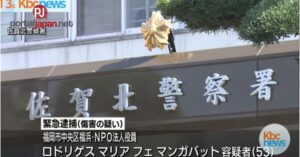
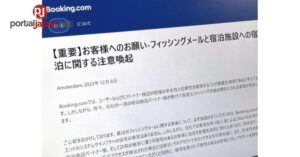
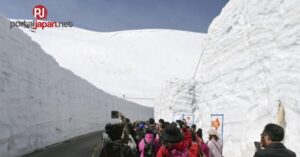

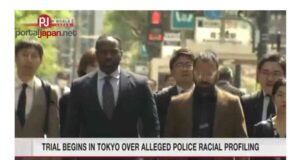
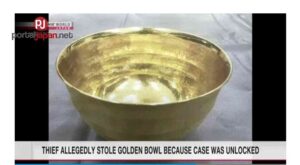
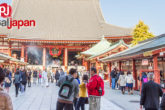
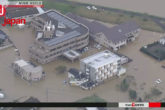








Join the Conversation